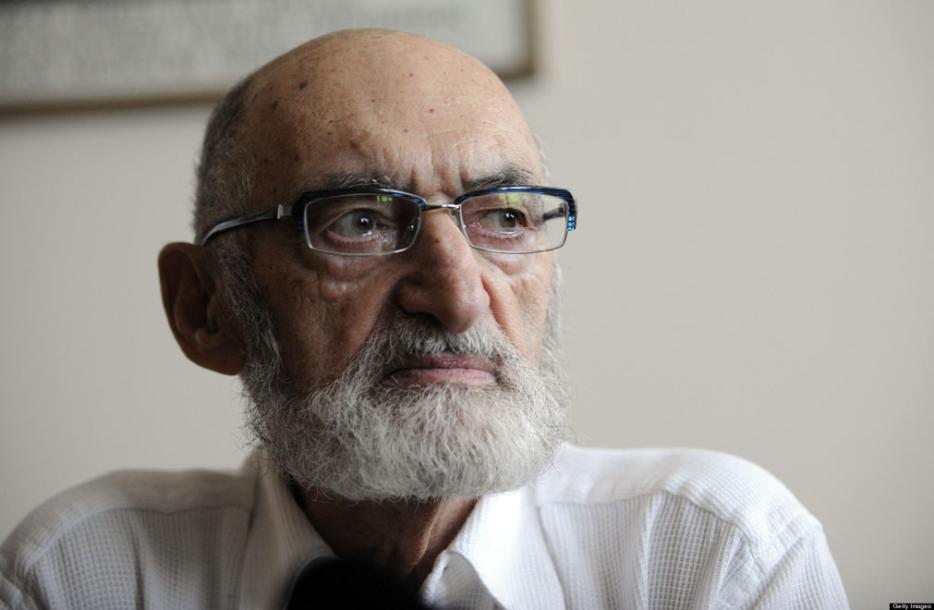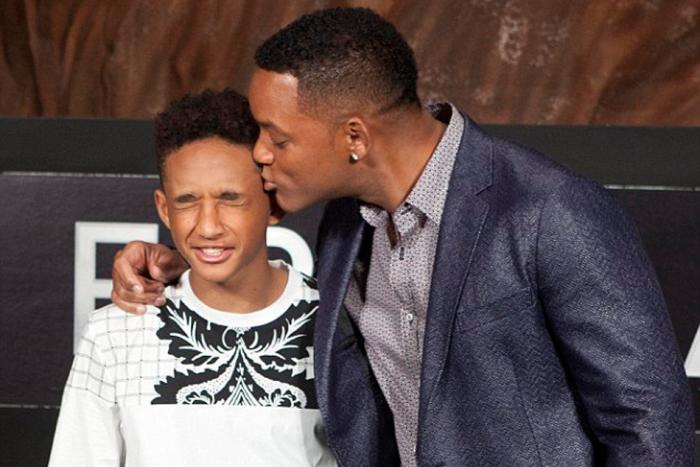In 1985, The Big Evasion by Anne Collins was published just in time to capitalize on the country heated abortion debate across the country. Aptly subtitled Abortion: The Issue That Won't Go Away, the book covered not only the trial of Canada's Dr. Henry Morgentaler and his attempts to overturn the country's abotion law, but also the tactics and evasions of both sides of the debate.
Following Morgentaler's death earlier this week, we asked Collins five questions about him, how his death will influence the ongoing debate, and what his legacy will be.
The cover of The Big Evasion says that abortion is “the issue that won’t go away,” and a lot of Canadians think that this is something that we’ll always have. Do you it’ll ever be challenged?
What I predicted might happen when the law was tossed out, and there was absolutely nothing to take its place, was that we would end up with a very Balkanized set of circumstances in Canada as far as access went. That the war would then move to individual hospitals, to the practices of individual doctors, and if you watch what has been going on recently, access to abortion is not a sure thing in Canada. There are certain jurisdictions where women still have to travel. Like the scene in my book, where there were women coming from P.E.I. and all over the place at that time to Henry’s clinic in Montreal. I think you’ll find that in certain jurisdictions across the country, women have just as much trouble getting an abortion today as you would when Henry was challenging the law.
I think that a lot of Canadian activists get the heebie-jeebies when they see what is going on in the United States, and when they see state legislatures smooshing in on what seemed to have been established by Roe vs. Wade.
How do you think Morgentaler’s death might influence the debate?
Look at the way coverage is going around Henry’s death: lots of broadcast media think what they need to do is have an anti-abortion activist and a pro-choice activist debate over whether Henry was a significant figure or not. So what you get is a perpetuation. The only way you talk about this, achieve balance, is by saying here’s the anti-abortionist or pro-lifer, here’s the pro-choicer or pro-abortionist and let them have it out. There is total disconnect.
I was listening this morning to a person who had worked with Carolyn Egan and Morgentaler for years and years, who knew him personally, debating with a right-to-lifer whether Henry was a significant and moral figure or not. So what happens is this debate dead-ends and dead-ends and when I said it’s the issue that won’t go away, it’s because we have not been able to think our way past all this.
So where would you like to see that conversation go?
What I long for is that there was some forum or place where all people interested in the rights of the child, and reproductive rights, and women’s health and security, could have a real discussion about the real circumstances of childbearing and women’s reproduction. What about teaching kids how to understand fertility and what it means to conceive? What about having real sex education in the school, as opposed to learning from porn sites—getting adults who can talk with respect and understanding about the hormonal war zone kids are in and how to navigate their way through it. We need to start talking about the reality of all of the things around fertility and pregnancy and sex and abortion and adoption.
Accurate or not, what do you think his legacy will be?
Well, in a way, every woman in Canada should say a little prayer to Henry Morgentaler because of his willingness to be brave and take risks, to break the law—he made a huge change for women in this country. Maybe they could honour him a little bit by being more active, in ensuring access to abortion doesn’t get eroded. For those who distrusted his motives and hated his aims, he will be viewed as one of the major hurdles in their battle to secure the rights of the unborn child. It depends, again, rights vs. rights, the people who oppose his aims can’t help but think of him as a massive roadblock to what they’ve been trying to achieve. But for the daily life of a woman in Canada, he’s probably one of the people who have made a huge difference.
Harper and a number of Conservative MPs have been remarkably quiet about him since his passing. Do you think he is owed some acknowledgement?
Remember back to when he was given the Order of Canada—it was very controversial and there was a move to somehow rescind the offer. I think it’s actually a tribute in a weird way. To not be able to speak about him must mean that they don’t respect what he did. The NDP don’t have any trouble speaking about him. Their silence becomes a kind of a tribute to what he’s managed to achieve for Canadian women, and men, and children. If Conservative MPs were speaking from the heart they probably wouldn’t say things that are very judicious, and they would find themselves at odds with the way a lot of people think about Henry Morgentaler.






